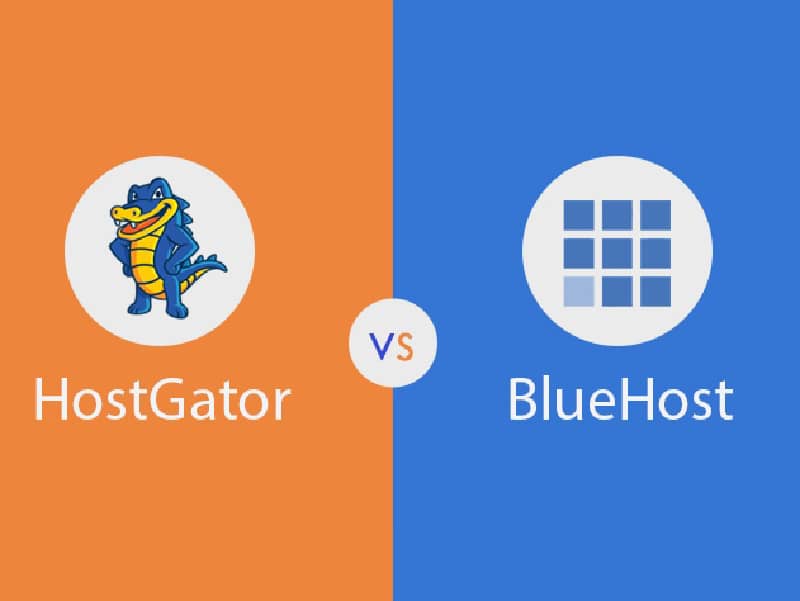What is Parked Domain?
What is Parked Domain?
A parked domain is like a second address for an existing website. It's a registered domain name that doesn't have its own unique content but instead redirects visitors to another website. Essentially, it's a domain name that 'parked' on top of another site.
How Parked Domains Work
When you type a parked domain into your web browser, your browser is redirected to the target website associated with that domain. This redirection happens seamlessly, and you'll land on the designated website without any extra steps.
Reasons to Use a Parked Domain
- Branding and Multiple Names: Secure variations of your brand name or related keywords to direct traffic to your main website.
- Website Migration: During a website redesign or platform switch, use a parked domain to ensure visitors still reach your content.
- Typo Protection: Register common misspellings of your domain name and park them to avoid losing traffic to typos.
Parked Domains vs. Add-on Domains
It's important to distinguish parked domains from add-on domains. While both involve multiple domains pointing to a single website:
- Parked Domain: Displays the same content as the primary domain.
- Add-on Domain: Hosts separate content on the same hosting account, appearing as a distinct directory on the main site.
SEO Considerations for Parked Domains
Historically, parked domains were used for SEO manipulation by hosting duplicate content. Today, search engines like Google are adept at identifying and penalizing such practices. It's crucial to avoid using parked domains solely for SEO purposes and instead focus on providing value to users.
Best Practices for Parked Domains
- 301 Redirect: Implement a permanent (301) redirect to ensure proper SEO juice transfer.
- Clear Redirection: Make the redirection process smooth and transparent for visitors.
- User Experience: Prioritize user experience and avoid misleading or confusing redirects.
















